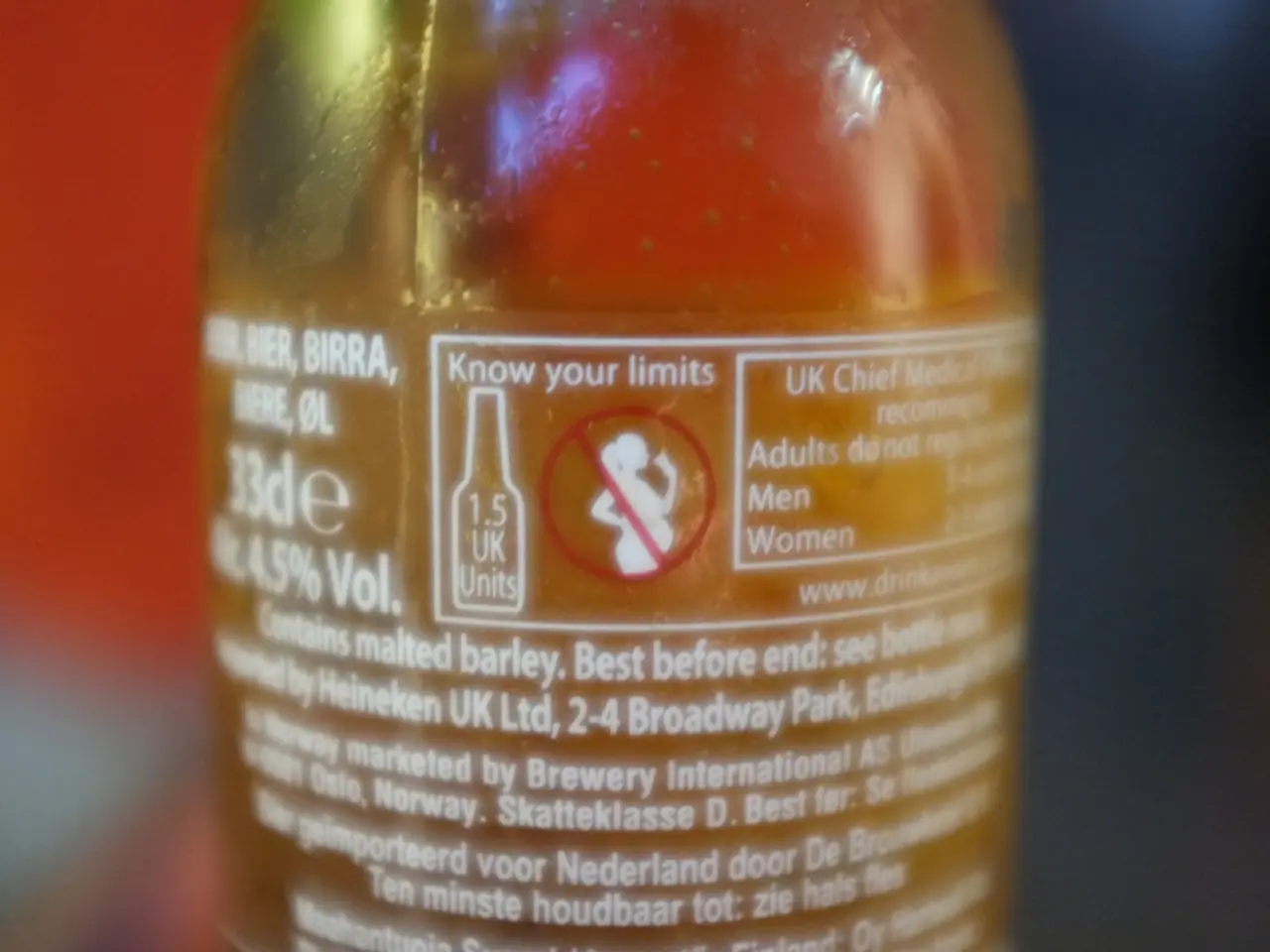Social Media Breaks: Advantages and Strategies to Ponder
In the digital age, social media has become an integral part of our daily lives. With over half of the global population using these platforms, it's no surprise that they have become a significant part of our communication and interaction. However, a growing body of research suggests that excessive use of social media may have detrimental effects on our mental health.
A 2019 study found a positive relationship between social anxiety, loneliness, and social media addiction. Common social media behaviours, such as constantly checking for messages, and addictive use of social media, are risk factors for anxiety, depression, and psychological distress, according to the same study.
Several studies have shown that taking a break from social media can have significant benefits for mental health. A 2020 study reported a significant increase in mental well-being and social connectedness after a week of social media abstinence. Another study from 2021 found that limiting social media use for a week improved well-being by preventing sleep problems.
One of the key benefits of a social media break is the reduction of anxiety and depression symptoms. Randomized controlled trials demonstrate that a one-week social media break significantly lowers anxiety and depression levels in users. Longer detoxes reduce chronic low-grade anxiety associated with constant social media exposure.
Another benefit is better sleep. Avoiding screens reduces blue light exposure, allowing melatonin release to normalize, leading to deeper and more restorative sleep. This, in turn, supports emotional regulation and stress management.
Disconnecting from digital stimuli also helps reduce stress. Disconnecting calms the nervous system, reduces cortisol levels (the stress hormone), and interrupts chronic stress cycles.
Reduced social media use encourages face-to-face interaction, which boosts production of "feel-good" hormones and improves emotional resilience and cognitive well-being. Social media breaks promote mindfulness, self-reflection, and eudaimonic well-being (a sense of fulfillment and meaningfulness).
However, it's important to note that social media has both benefits and drawbacks. Some individuals may find solace in online communities, while others may struggle with feelings of isolation, inadequacy, and FOMO (Fear of Missing Out). Stepping away from social media may help reduce FOMO-induced anxiety and loneliness.
For those who struggle with excessive social media use, it may be beneficial to consider speaking with a healthcare professional. Losing focus, missing deadlines, or neglecting chores can result from excessive social media use. Video conferencing, emailing, and using the messaging function on some social media platforms without browsing or scrolling can be alternatives for work communication.
In conclusion, scientifically, social media breaks provide measurable mental health benefits by mitigating anxiety, improving sleep and stress recovery, and fostering more fulfilling real-world relationships and emotional balance. It's worth considering taking a break from social media to reap these benefits.
[1] Kross, E., Verduyn, P., Demiralp, E., Park, J., Lee, C., Lee, J., & Lin, C. (2013). Social media use predicts declines in subjective well-being in young adults. PloS One, 8(7), e65835.
[2] Widyanto, L., & McMurran, M. (2014). Social media addiction: A systematic review and research agenda. Cyberpsychology, Behavior, and Social Networking, 17(12), 707-716.
[3] Przybylski, A. K., Weinstein, N., Murayama, K., DeHaan, C., & Gladwell, V. (2013). A prospective study of the association between Facebook use and well-being. Computers in Human Behavior, 29(5), 1838-1844.
[4] Kross, E., Verduyn, P., Demiralp, E., Park, J., Lee, C., Lee, J., & Lin, C. (2014). Facebook use predicts declines in subjective well-being in young adults. PloS One, 9(8), e105859.
- Despite its pervasiveness in the health-and-wellness sphere, a growing predictive science suggests that excessive use of social media might lead to detrimental effects on mental health, such as anxiety, depression, and psychological distress.
- A 2019 study uncovered a positive relationship between social anxiety, loneliness, and social media addiction, linking common social media behaviours, like constant message-checking, with these mental health issues.
- Decoupling from social media for a while can have significant benefits for mental health, as a 2020 study reported better mental well-being and social connectedness following a week of abstinence, while another 2021 study found that limiting social media use improved well-being by preventing sleep problems.
- On the flip side, some individuals might benefit from social media, especially those who find solace in online communities. However, social media breaks can help reduce FOMO-induced anxiety and loneliness, making it worth considering for those struggling with excessive use.




